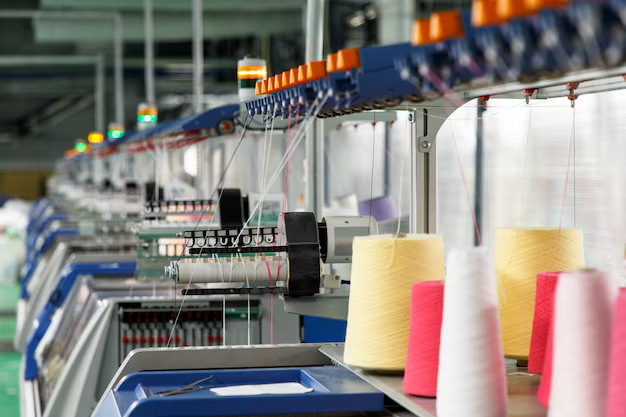Pakistan’s textile sector has raised concerns over a deepening crisis, warning that declining exports, factory closures, and rising costs threaten the country’s economic stability.
The Pakistan Textile Council (PTC) and industry leaders highlighted that merchandise exports fell 3.83 percent year-on-year in the first quarter of FY26 to $7.61 billion, down from $7.91 billion in the same period last year. September alone saw exports drop 11.71 percent to $2.51 billion, marking the fifth contraction in the last six months.
The widening trade deficit adds further pressure, surging to $9.37 billion in the first quarter from $7.05 billion last year as imports increased 13.49 percent.
PTC Chairman Fawad Anwar, former Karachi Chamber of Commerce & Industry president Javed Bilwani, and industrialist Zubair Motiwala warned that the abrupt termination of the Export Facilitation Scheme, record-high energy tariffs, and deteriorating infrastructure are eroding Pakistan’s competitiveness against regional rivals such as Bangladesh, India, and Vietnam.
Gul Ahmed Textile Mills Limited recently closed its export apparel segment, citing sustained losses from high input costs, taxation, and stiff regional competition. The closure, affecting thousands of workers, reflects broader industrial strain.
Bilwani noted that many textile units are on the verge of closure, criticizing the government for sidelining key stakeholders in policymaking despite their significant contributions to exports and tax revenue.
Industry leaders emphasized that high energy costs, inadequate infrastructure, chronic water shortages, and some of the highest electricity tariffs in the world, exceeding even Europe and the US, are undermining competitiveness. They warned that without the restoration of the Export Facilitation Scheme and implementation of supportive measures, further industrial shutdowns, job losses, and a decline in foreign exchange earnings are imminent.




